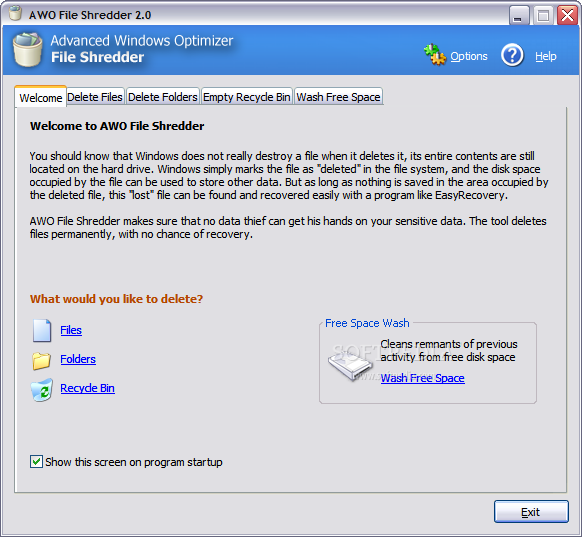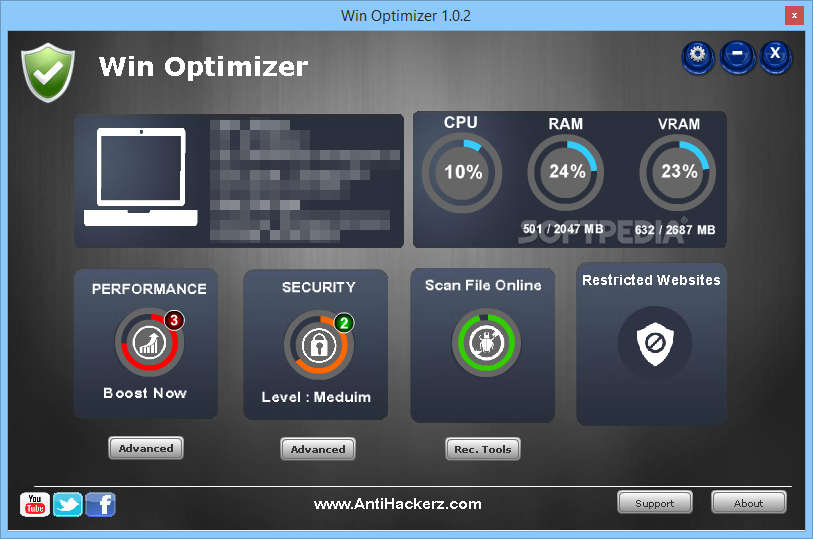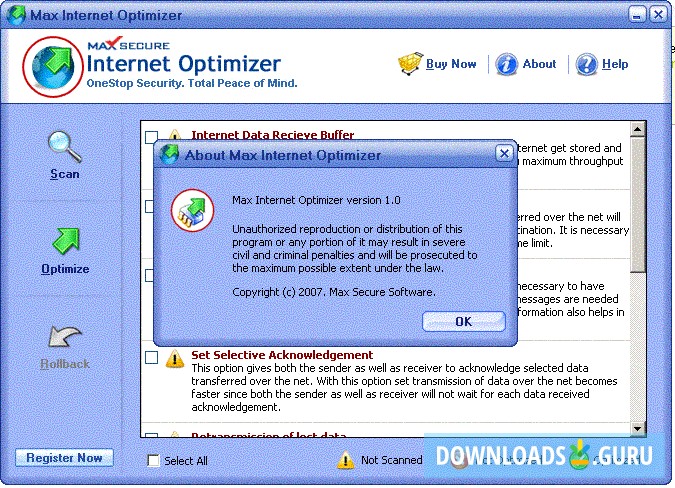


Security vulnerabilities have been resolved. Serv-U uses the PASV IP address of the FTP listener for the correct domain. The correct user name is displayed on the file sharing website. The updated value is used instead of "Serv-U File Sharing Link".ĭownloading zipped files does not cause Serv-U to crash. Updating the invitation subject email for file sharing works as expected.

User names for SFTP or SSH logins are no longer case sensitive. Serv-U 15.4 includes security improvements. In the new web client, you can move files and folders by dragging and dropping them. All interactions are performed through a secure channel, which prevents unauthorized parties from intercepting or modifying the data. LDAPS uses TLS (Transport Layer Security) to encrypt and authenticate the data exchanged between Serv-U and the LDAP server. When Serv-U is installed on a Linux server, secure LDAP (LDAPS) is now supported. Support for Secure LDAP in a Linux installation Multifactor authentication can be configured at the global, domain, group, or user level. Serv-U administrators can choose to enable it (users can enter a code but are not required to) or enforce it (users must enter a code to log in). Multifactor authentication is disabled by default. Serv-U supports a variety of multifactor authentication apps. When multifactor authentication is set up, users are prompted to enter a six-digit code sent by a third-party multifactor authentication app, in addition to their user name and password. Multifactor authentication can be used to provide an additional layer of security. New features and improvements in Serv-U Multifactor authentication For information about working with Serv-U, see the Serv-U Administrator Guide.Get information about the latest hotfixes.


 0 kommentar(er)
0 kommentar(er)
